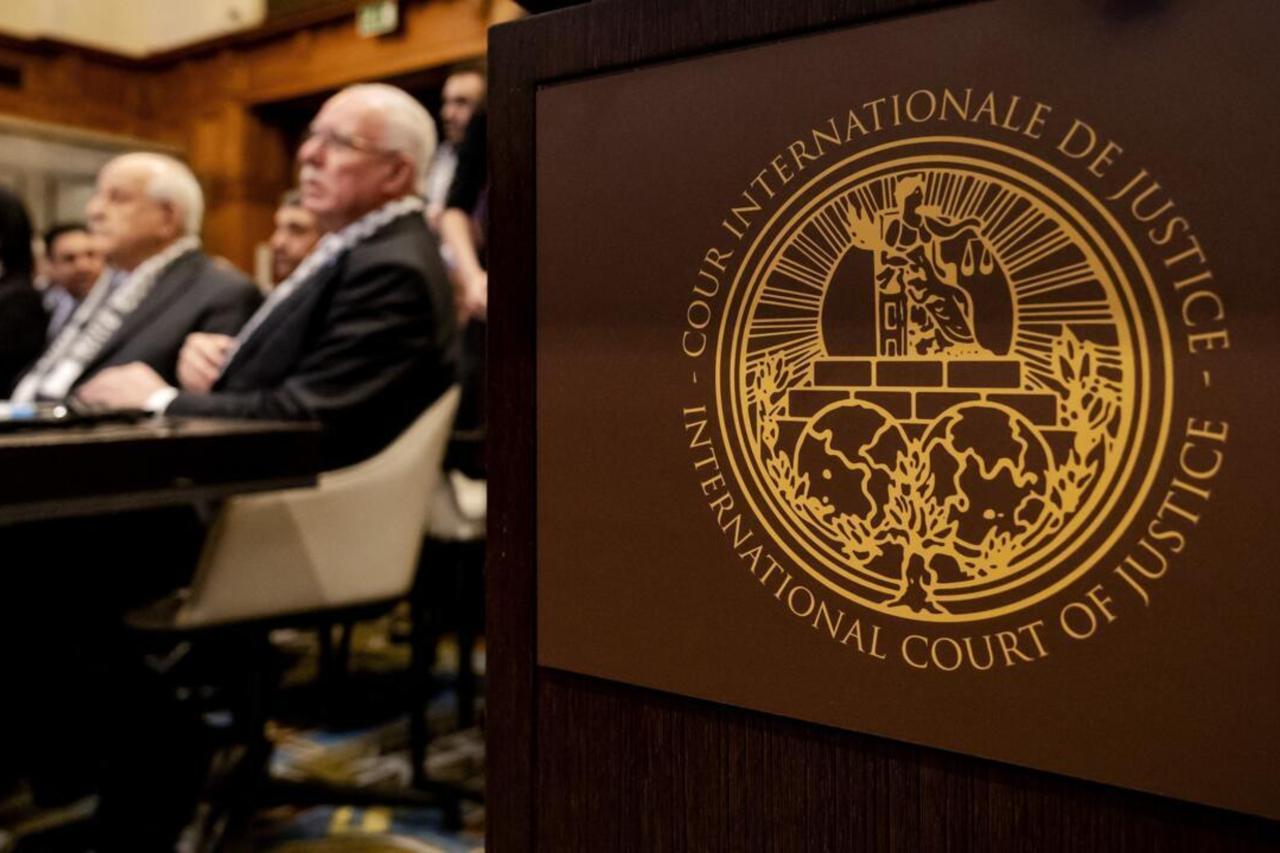
William Schabas, a leading expert on international criminal law and genocide, described South Africa’s lawsuit against Israel at the International Court of Justice as the strongest genocide case ever filed.
Schabas, a descendant of Holocaust survivors, told ECPS that Israel’s policies in Gaza appear aimed at eliminating the Palestinian population, meeting the legal definition of genocide. He cited statements by Israeli officials, including former Defense Minister Yoav Gallant, advocating the denial of food, water, and electricity to Gaza as evidence of intent.
“A bank robber cannot claim self-defense while committing a crime. Similarly, Israel cannot justify its actions in Gaza as self-defense while occupying the territory illegally,” Schabas said. He added that such statements, combined with patterns of behavior, make the case clear.
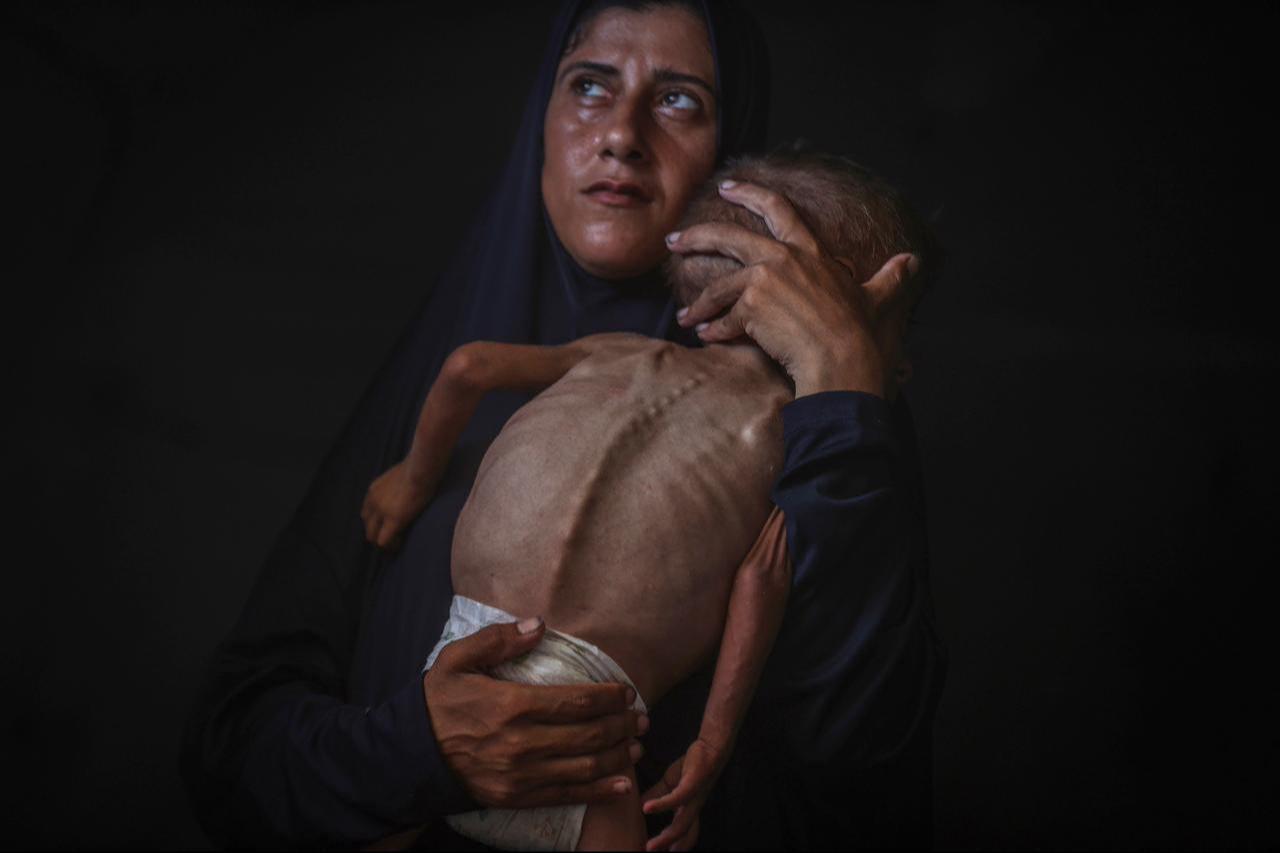
Schabas also noted that extremist rhetoric has often accompanied genocides, mobilizing populations and legitimizing violence. “We see similar patterns in Israel today, reminiscent of atrocities in Rwanda and Namibia,” he said.
The scholar warned that countries providing political and military support to Israel, including the U.S., Germany, and Canada, could be held complicit under Article 3* of the Genocide Convention.
* Article III: The following acts shall be punishable:
(a) Genocide;
(b) Conspiracy to commit genocide;
(c) Direct and public incitement to commit genocide;
(d) Attempt to commit genocide;
(e) Complicity in genocide.
“Article 3 is clear: complicity in genocide is a crime. These countries may be held responsible for materially supporting Israel,” he said. Schabas criticized what he called a double standard in international law, noting that some states demand broad interpretations of intent in other genocide cases but defend Israel’s actions in Gaza.
He described Gaza as a “litmus test” for international justice. “If legal standards are not applied here, a two-tiered system of international law will become entrenched, severely undermining global credibility in human rights,” Schabas said.
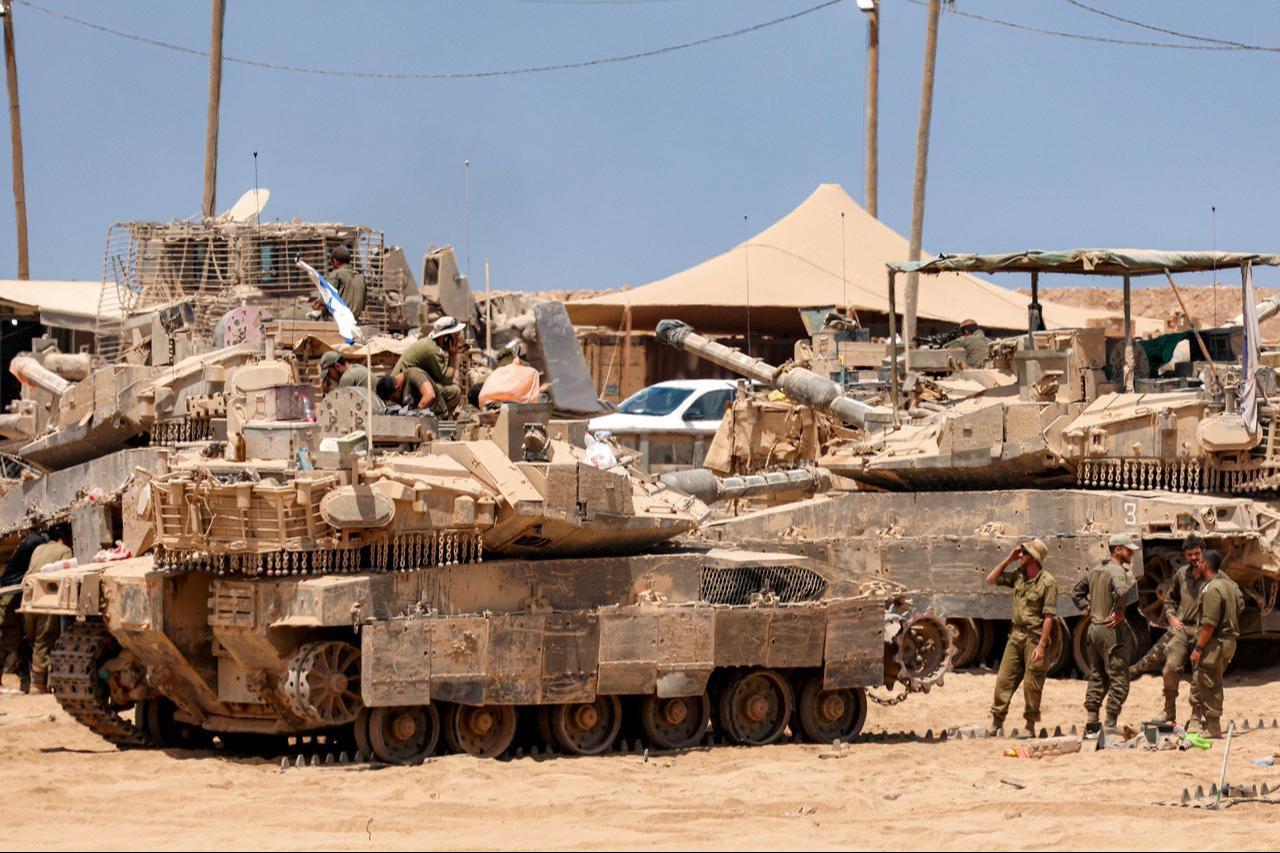
South Africa has filed a landmark case against Israel at the International Court of Justice, accusing it of committing genocide in Gaza. The lawsuit highlights violations of international law, including attacks on civilians, forced displacement, and restrictions on essential services.
Legal experts say the case could set a precedent for accountability in conflicts involving state and non-state actors.
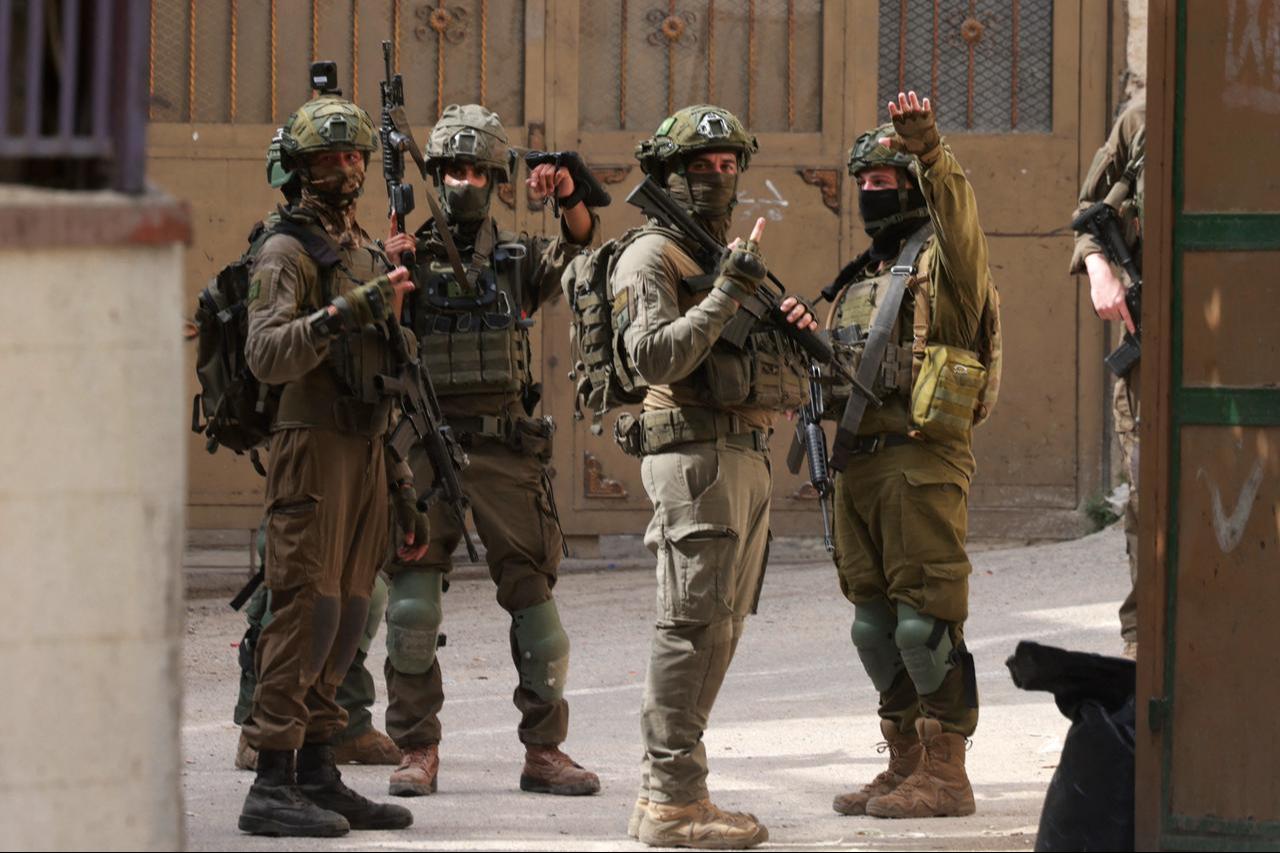
Israel has occupied the West Bank, Gaza Strip, and East Jerusalem since the 1967 Six-Day War, areas widely recognized as occupied territories under international law. U.N. Security Council resolutions 242 and 338 call for Israel’s withdrawal.
The construction of settlements in the West Bank violates Article 49 of the Fourth Geneva Convention, which prohibits an occupying power from transferring its civilian population into occupied territory. Israel has established over 450,000 settlers in the West Bank.
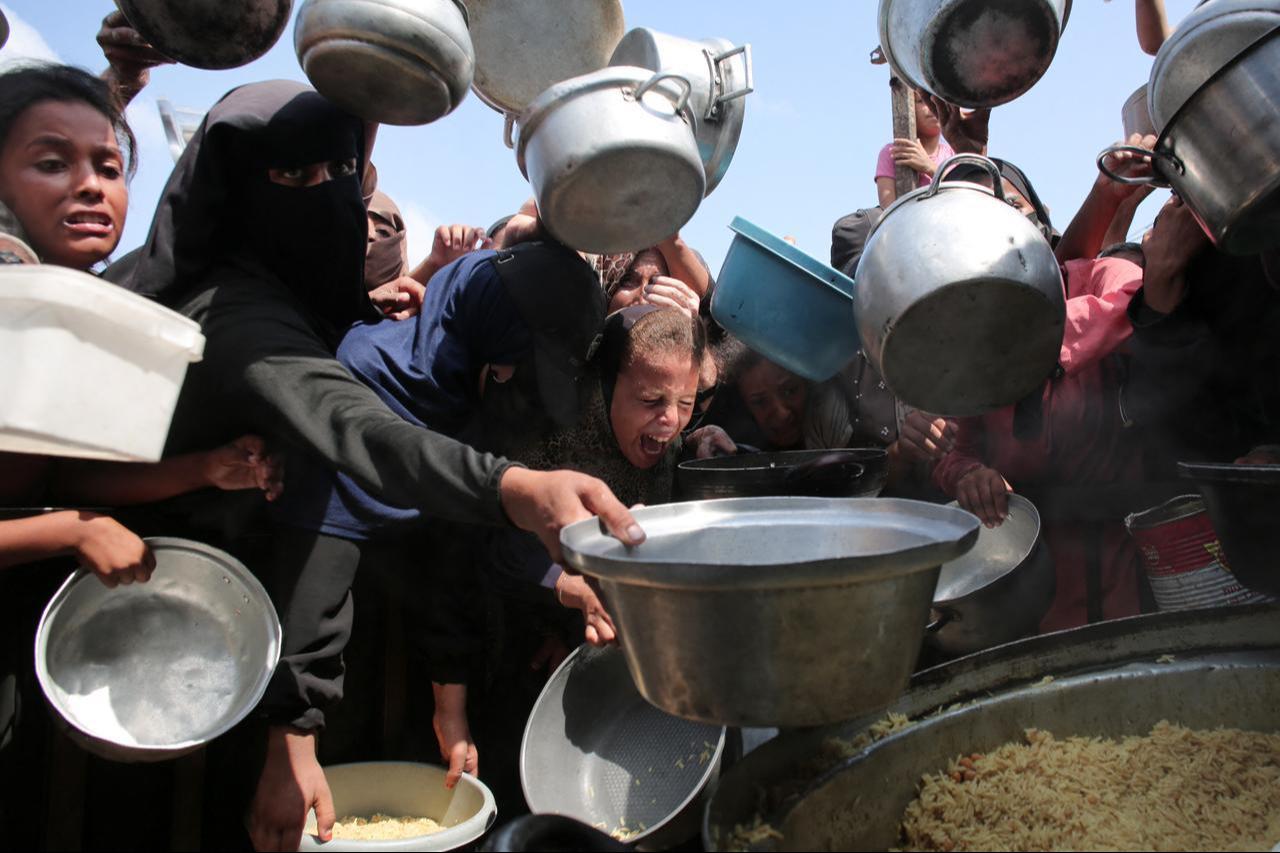
Israel has imposed land, air, and sea blockades on Gaza since 2007, restricting access to essential goods. The United Nations and the International Committee of the Red Cross consider the blockade a form of collective punishment in violation of international law.
Cutting off electricity, water, and fuel has directly impacted civilian life, which human rights experts classify as war crimes.
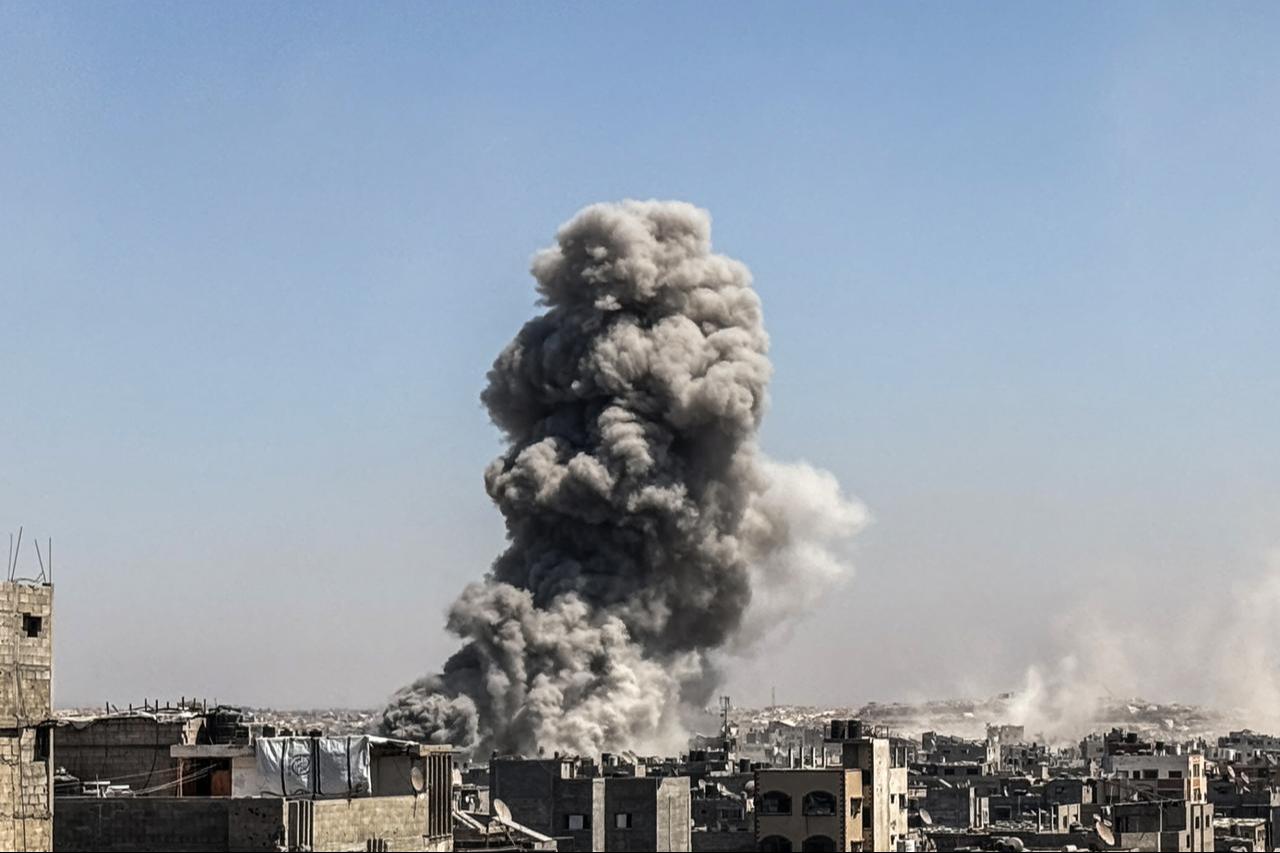
Hospitals, schools, and U.N. refugee camps have been repeatedly hit in military operations. Human Rights Watch and Amnesty International have documented the use of white phosphorus and other banned munitions. Targeting civilians or civilian infrastructure constitutes both war crimes and crimes against humanity.
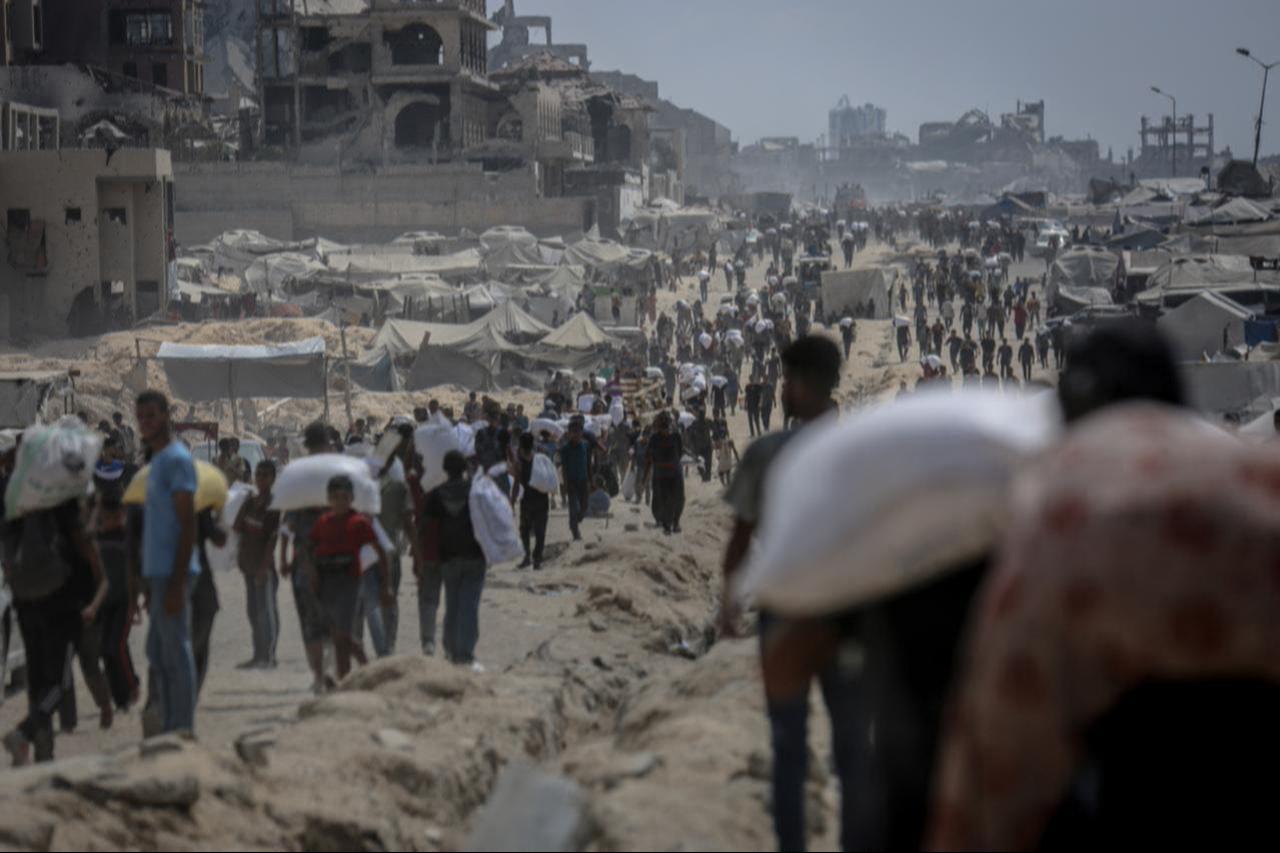
In East Jerusalem and the West Bank, Palestinians are evicted from homes to make way for settlers, preventing the exercise of the right of return recognized by U.N. General Assembly Resolution 194. Such actions may amount to forced displacement and ethnic cleansing under international law.
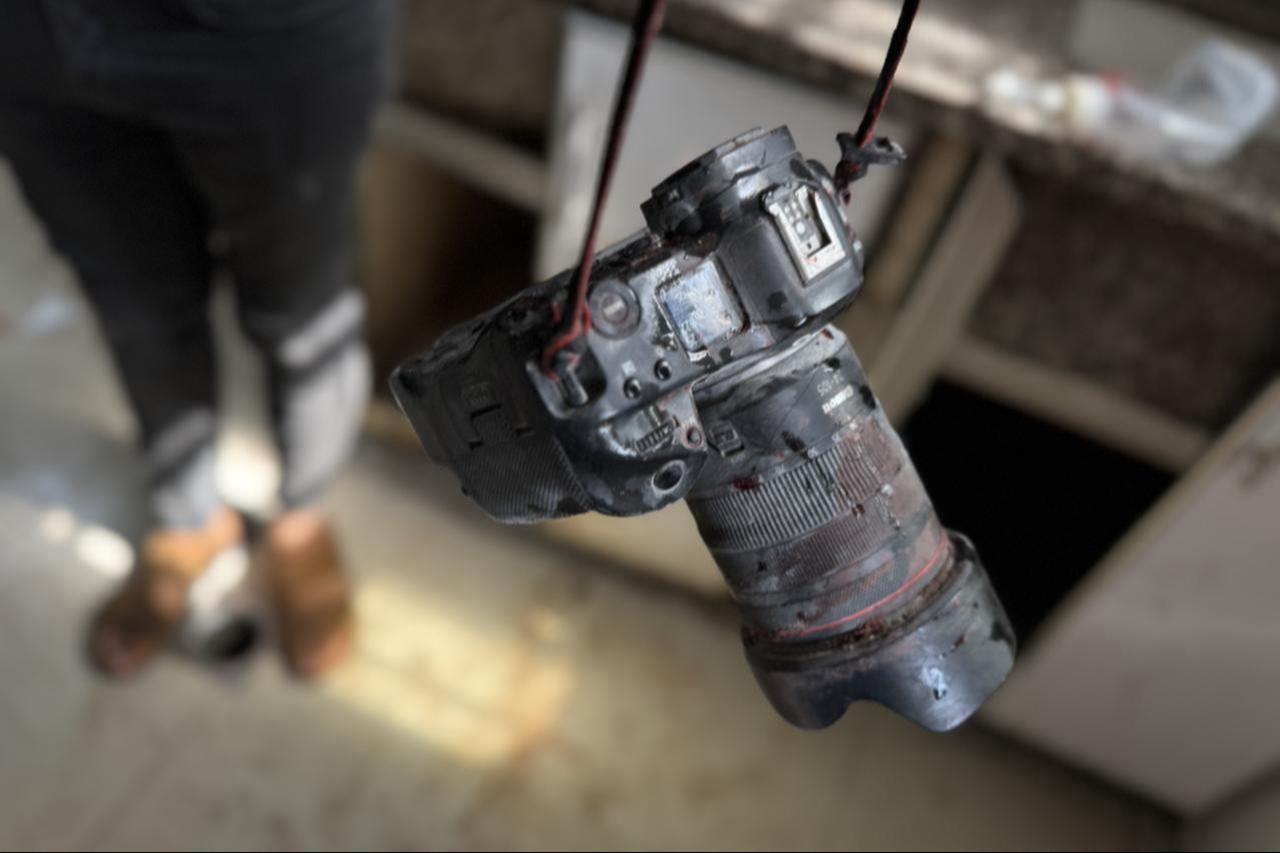
Israel’s systematic targeting of journalists in Gaza and southern Lebanon represents a direct assault not only on individual lives, but on the global right to truth. Under international humanitarian law, journalists are classified as civilians unless they engage directly in hostilities.
This status affords them protection under the Geneva Conventions and the Rome Statute of the International Criminal Court. When clearly identified press members—wearing marked vests and operating designated media vehicles—are deliberately attacked, such actions may constitute war crimes.

The October 2023 tank strike in southern Lebanon, which killed Reuters journalist Issam Abdallah and injured six others, was widely condemned by human rights organizations as a likely intentional attack. In Gaza, over 120 journalists—most of them Palestinian—have been killed since October 2023, many while reporting from civilian areas. These deaths are not incidental; they reflect a pattern of suppression aimed at silencing documentation of military conduct and humanitarian suffering.
Beyond physical violence, Israel’s restrictions on media access to Gaza further violate international norms.
By denying entry to independent foreign journalists and allowing only embedded coverage with its military, Israel obstructs the public’s right to know—protected under Article 19 of the Universal Declaration of Human Rights. UNESCO and the Committee to Protect Journalists have condemned these actions, recognizing the role of journalists as essential witnesses in times of war.
In this context, attacks on journalists are not just violations of law—they are violations of conscience. They undermine the very mechanisms by which societies hold power to account. As investigations proceed at the International Criminal Court, the global community must insist that those responsible face justice—not only for the lives lost, but for the truth denied.

Despite repeated condemnation from international bodies, Israel faces minimal accountability. Countries like the U.S., Germany, and Canada continue political and military support, perpetuating impunity.
Repeated disregard for ICJ and U.N. rulings undermines the legitimacy of international law and fosters a perception of a “two-tier” system.
On Dec. 29, 2023, South Africa filed a case against Israel at the International Court of Justice, accusing it of committing genocide in Gaza under the “Convention on the Prevention and Punishment of the Crime of Genocide.”
Key claims include:
In January 2024, the ICJ issued a provisional ruling demanding Israel protect civilians and take urgent measures to prevent genocide. Several countries, including Bangladesh, Jordan, and Nicaragua, have applied to intervene in support of South Africa, while Germany has openly backed Israel.
Schabas and other experts consider the case the strongest genocide lawsuit ever brought to the ICJ. They argue that the proceedings in Gaza represent a critical test for international justice and the enforcement of human rights standards worldwide.